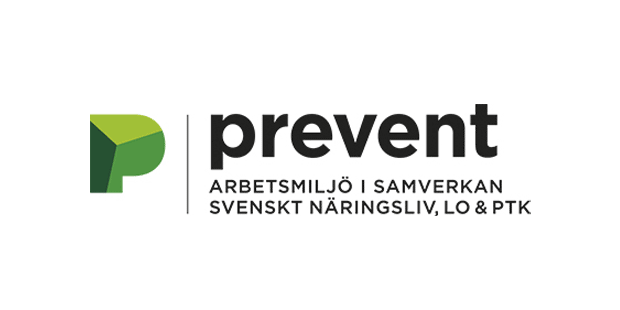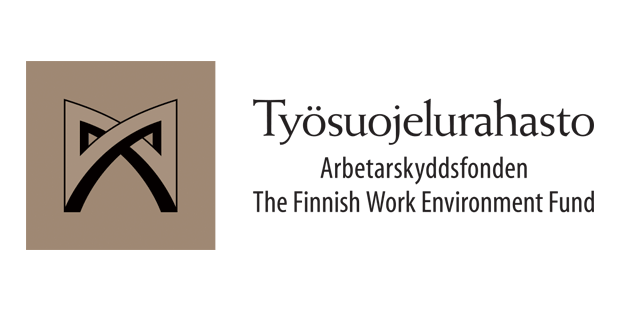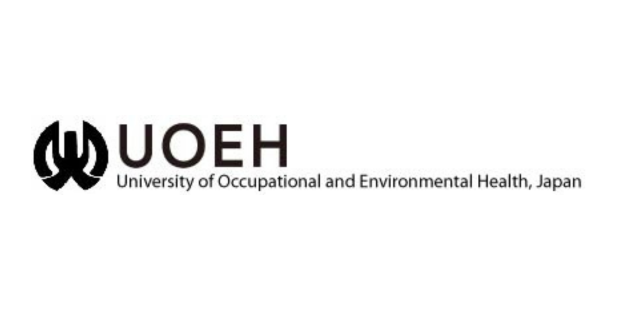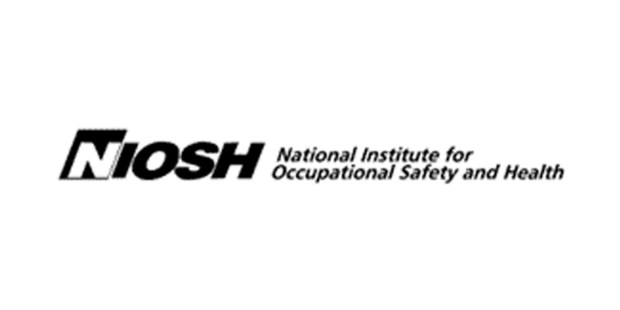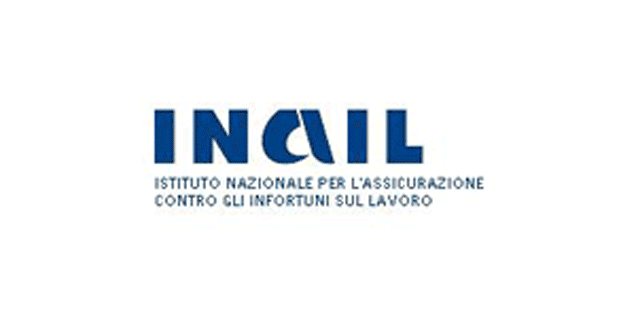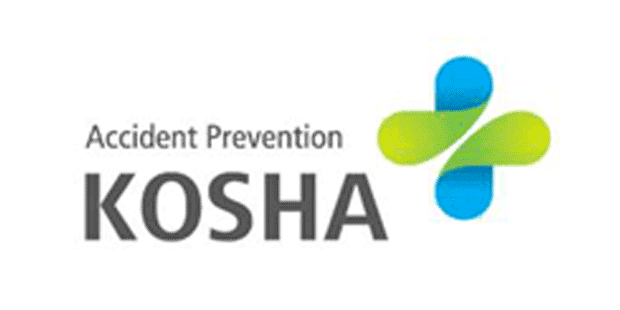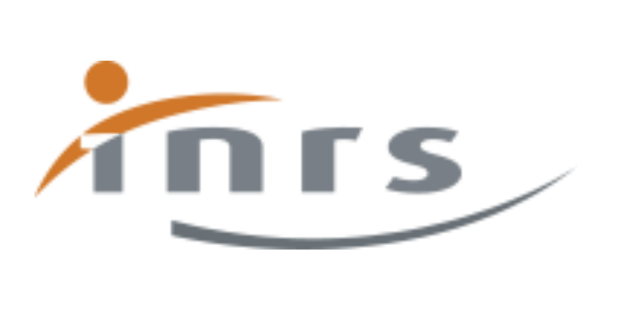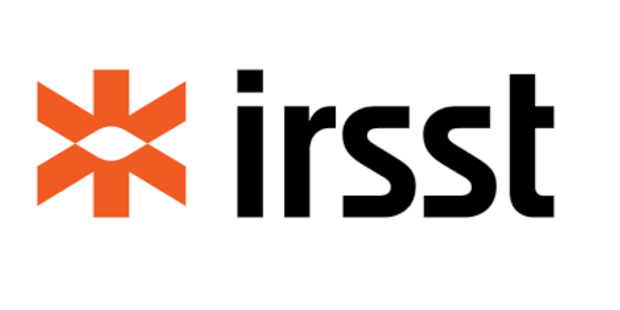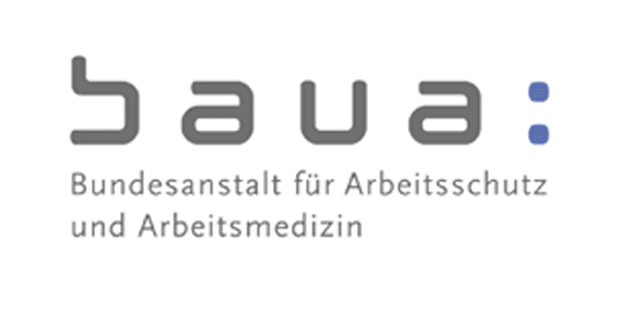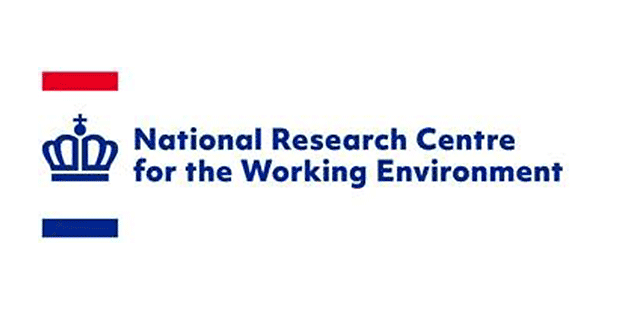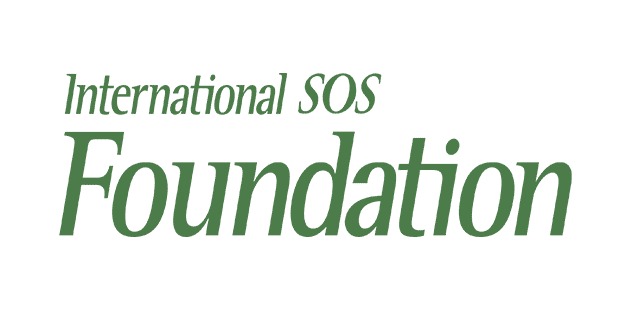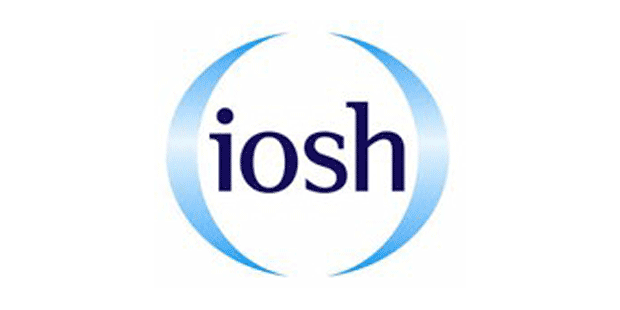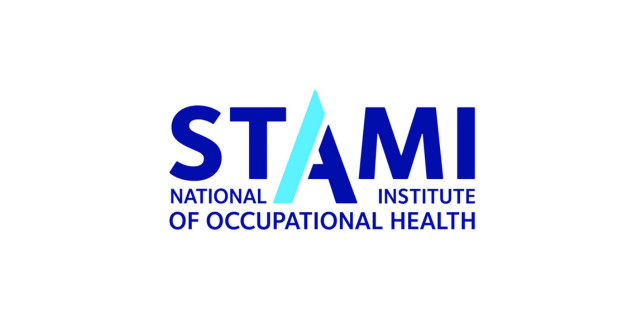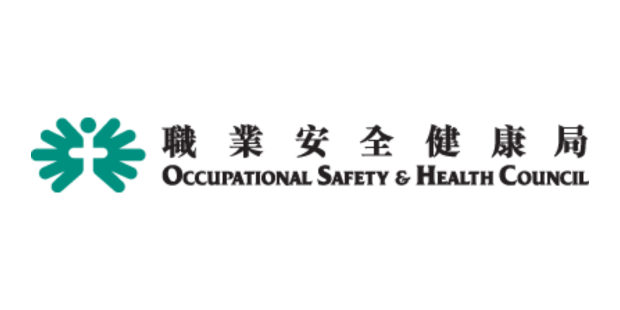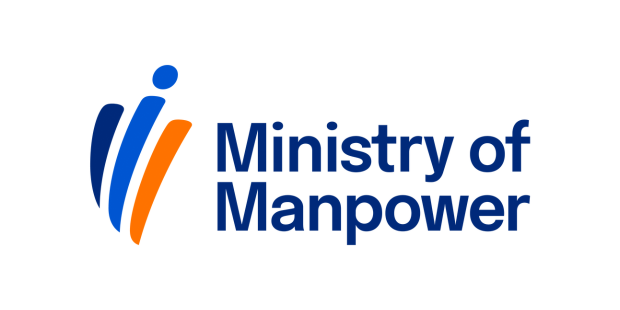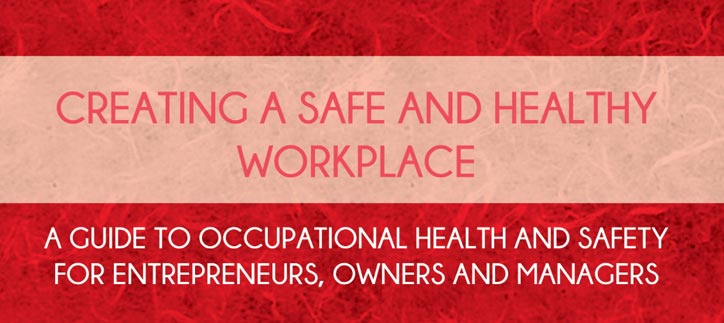ICOH Statement on Child Labour
89th International Labour Conference, 12th June 2001
The International Commission on Occupational Health (ICOH) warmly greets the 89th International Labour Conference and, in particular, the initiatives in relation to decent conditions of work and child labour.
At the heart of the modern economy, as in all previous economies, is the human being. Today we recognise the central importance of knowledge, and knowledge management. It is human knowledge that is the "wealth of nations", embodied in people.
It is all too easy for major corporations, and even governments, to forget or minimise their share in responsibility for the moral infrastructure that underpins the civilised modern economy. This responsibility cannot simply be outsourced.
A defining test of these principles is child labour. The involuntary underage worker typically forfeits the chance of developing knowledge, and risks their health and welfare, under duress, in the cause of commercial gain for others.
We need to see the workplace in terms of "health chains", not just "value chains". Work processes carry consequences for those involved, frequently excluded from consideration by the accountants. Healthy work is fundamental to sustainable economies, and protecting the health of workers is a matter of human rights. The fundamental occupational health research has been done, but needs to be applied. Child workers have their health to regain, and "nothing to lose but their chains". Societies are judged by the way they treat their weakest members. Future historians may judge us poorly.
The International Commission for Occupational Health Congress in Brazil in 2003 will address "The Challenge of Equity in Occupational Health and Safety". We can start our preparations now, taking child labour as a focus. ICOH expertise, comprising 2000 international experts, organised through 35 scientific committees and 4 international networks, is available. The recent appointment of occupational physician Dr Gerry Eijkemans, formerly of WHO, to a senior post in ILO concerned with child labour, is a cause for optimism, and we look forward to continued collaboration.
ICOH is concerned with healthy ethical work. As discussions in relation to the triple bottom line and ethical investment become more applied, the ICOH network of occupational health physicians and other specialists represents a useful source of information on local issues of corporate performance in the globalized economy. Such information can be used as input into different emerging types of performance rating systems covering aspects of sustainability, social responsibility, OHS and good work environment, human rights, etc. Members of ICOH can be actively involved in providing such information.
ICOH can advise ILO and IPEC (International Programme on the Elimination of Child Labour), on which work-related hygiene and ergonomic factors represent especially harmful exposures to children. ICOH could co-work when launching epidemiological health studies and in compiling facts about harmful exposures at work for children. Thus, ICOH welcomes the initiatives by ILO and IPEC and sees possibilities for future collaboration.
Bengt Knave
ICOH President
Professor, MD, PhD
National Institute for Working Life
Stockholm, Sweden
Richard Ennals
Chairman, ICOH Network for Occupational Health Eduaction in Developing Countries,
Kingston University, London UK
Tore J Larsson
Chairman, ICOH Scientific Committee On Accident Prevention
Monash University Accident Research Centre,
Melbourne, VIC, Australia


